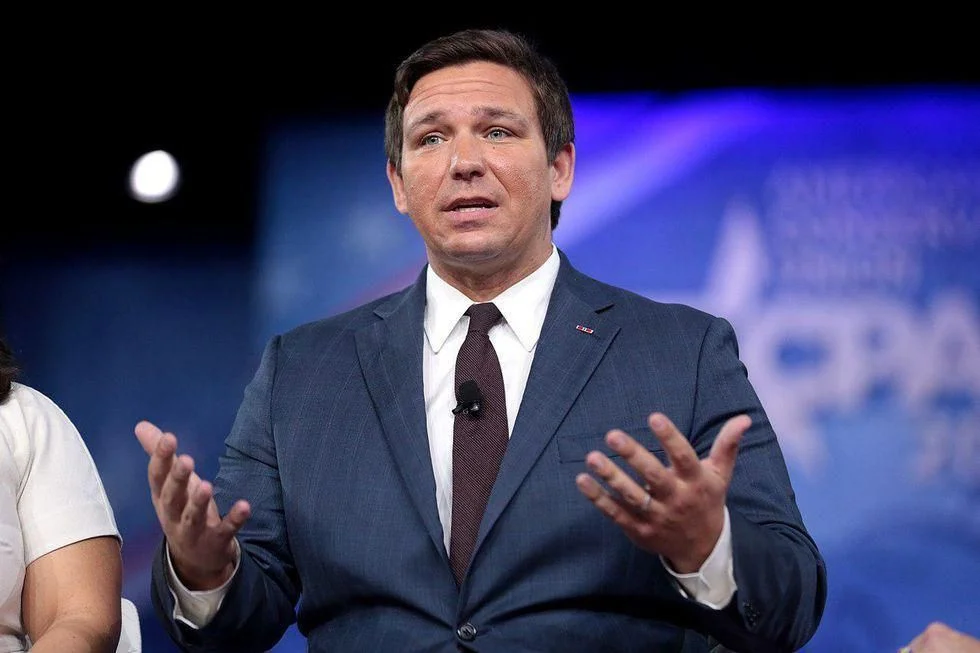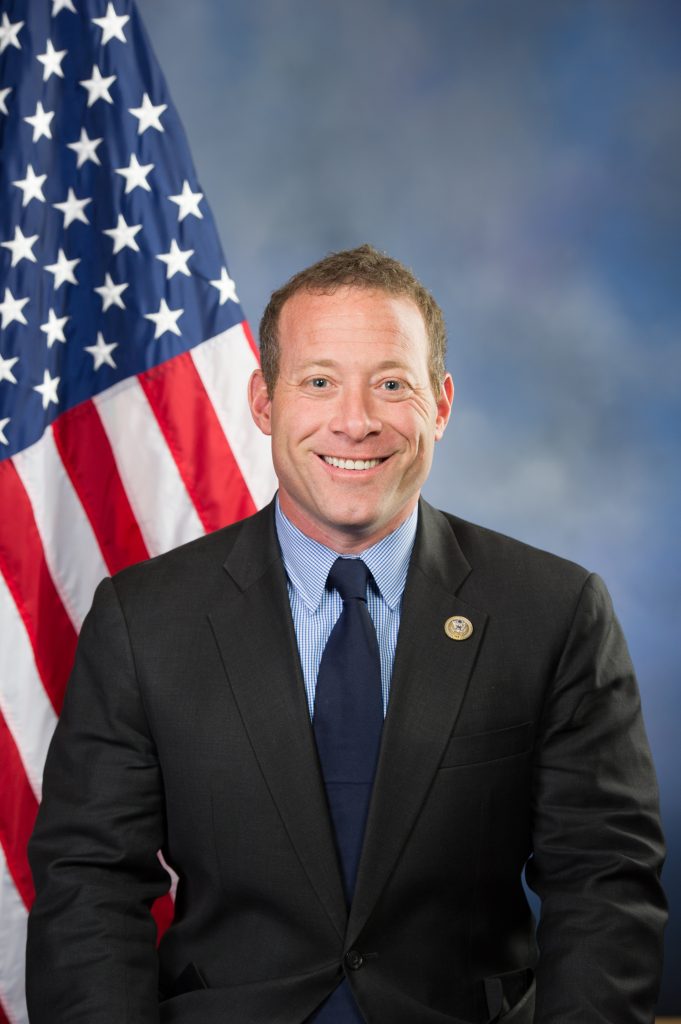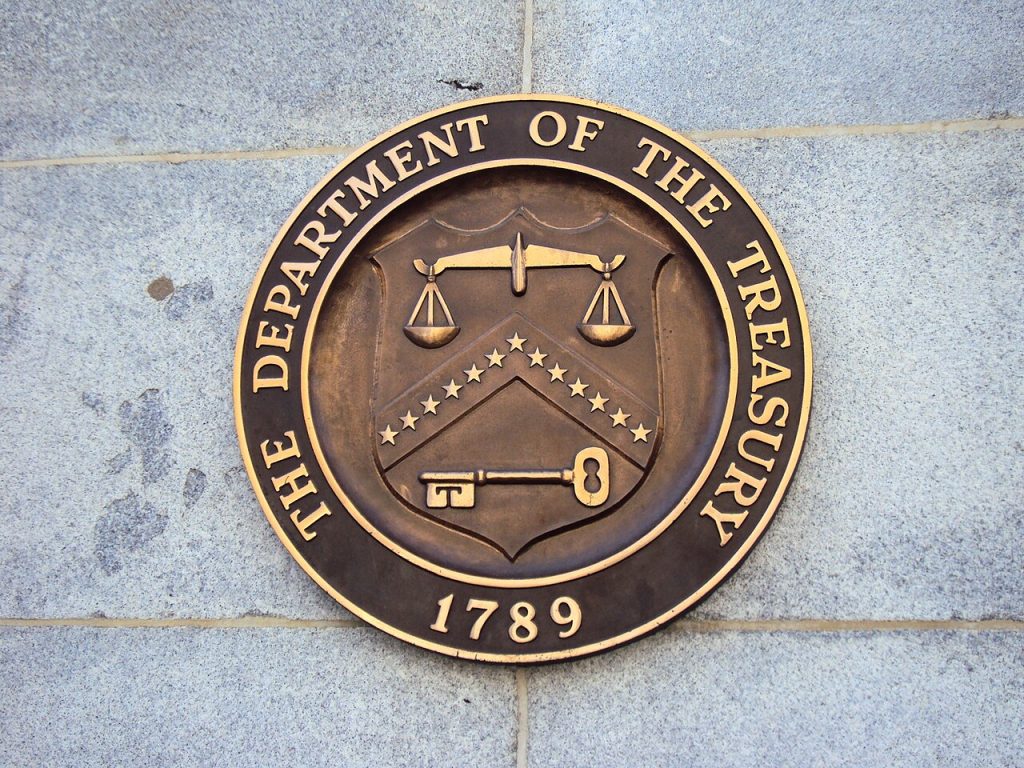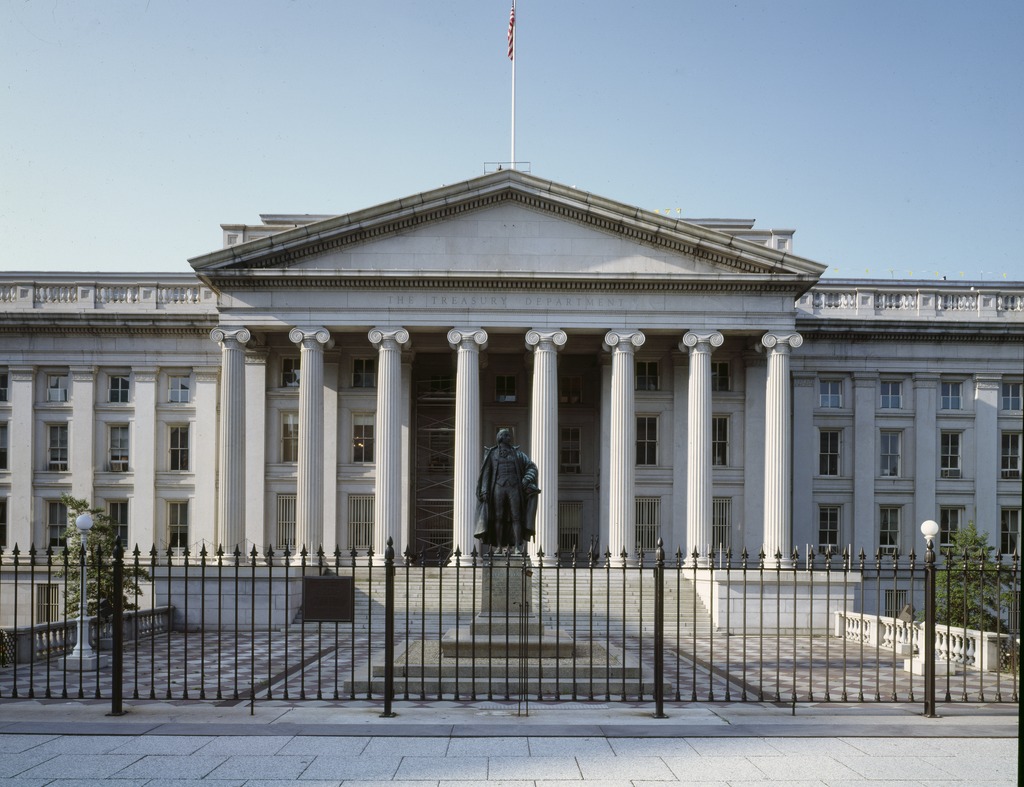The Treasury Department has issued a warning about state laws that prevent banks from considering environmental, social, and governance (ESG) factors, stating that such restrictions could hinder efforts to combat money laundering and terrorism financing. A letter obtained by the Associated Press highlighted a recent law in Florida, signed by Governor Ron DeSantis, which deems it unsafe for banks to consider non-financial factors when conducting business. The Treasury’s letter suggests that these laws create uncertainty and may impede national security measures.

Conservative politicians, including DeSantis, argue that blocking ESG considerations is necessary to prevent discrimination based on political beliefs and to protect legitimate businesses. They claim that focusing on ESG issues represents an overreach of woke ideology. Recently, Tennessee enacted a similar law, and other states like Arizona, Georgia, Idaho, Indiana, Iowa, Kentucky, Louisiana, and South Dakota are considering comparable measures.

Governor DeSantis has defended the Florida law, stating that it safeguards access to the financial sector for conservative groups and the firearms industry. He contends that these organizations have sometimes faced account closures or freezes due to their political views. However, the Treasury’s letter warns that such laws could undermine federal efforts, increasing the risk that criminals, terrorists, and corrupt officials could exploit the U.S. financial system to launder money and evade sanctions.

The Treasury’s warning came in response to a request from Representatives Josh Gottheimer, Blaine Luetkemeyer, and Brad Sherman. Congressman Gottheimer expressed satisfaction with the Treasury’s stance, urging states to reconsider similar laws to avoid jeopardizing national security. He emphasized the importance of maintaining robust safeguards against financial crimes and threats to the nation’s security.

This issue reflects the ongoing debate between conservative lawmakers and federal agencies over the role of ESG factors in banking and investment decisions. The Treasury’s letter highlights the potential national security implications of restricting these considerations, suggesting that such laws could have far-reaching consequences. As more states contemplate similar legislation, the balance between political ideology and practical security measures remains a contentious topic.

Efforts to address money laundering and terrorism financing depend on the cooperation of financial institutions, which may be hampered by state-level restrictions.

The Treasury Department’s warning serves as a reminder of the interconnected nature of financial regulations and national security. Lawmakers and policymakers must weigh the potential risks and benefits of such laws carefully to ensure the safety and integrity of the financial system.

This development underscores the complexity of integrating ESG factors into financial practices while maintaining essential security measures. The ongoing discussions will likely shape the future landscape of banking regulations and their impact on both businesses and national security efforts.





